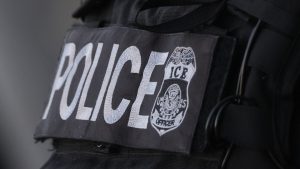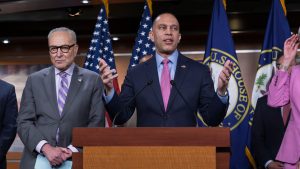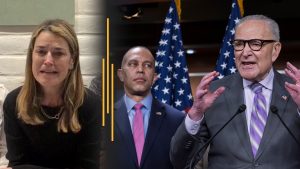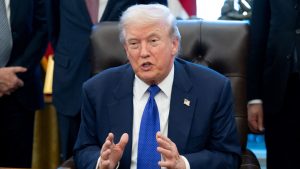First appeal of House v. NCAA settlement says Title IX ‘deliberately ignored’
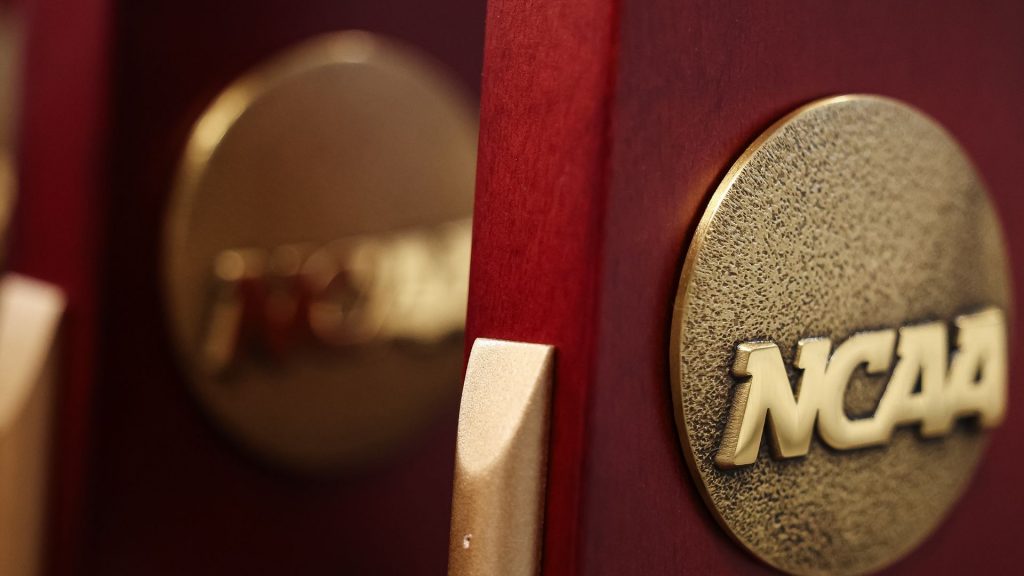
The NCAA’s landmark $2.8 billion House settlement, which reshaped the future of college athletics, faced its first legal challenge on Wednesday, June 11. Eight female athletes filed an appeal, arguing that the back pay structure violates Title IX, the federal law that prohibits sex-based discrimination in education.
What does the House v. NCAA settlement cover?
The landmark settlement allowed schools that opted in to directly share revenues with athletes for the first time, effectively ending the concept of amateurism in college sports. Direct payments to players are slated to begin July 1, 2025.
The second major component of the settlement directs $2.8 billion in damages to thousands of athletes who were unable to earn name, image and likeness dollars before it was legalized in 2021. That part of the agreement is now on hold.
Ashlyn Hare, one of the attorneys representing the athletes, said in a statement that the method used to distribute the $2.8 billion violates Title IX because female athletes would theoretically receive less money than males who play football and basketball.
Who is slated to get most of the back pay billions?
The formula spelled out in the settlement states that football and men’s basketball players who received full scholarships at Power Five schools from June 15, 2016, to Sept. 15, 2024, are set to receive 90% of the money. Women’s basketball players will receive 5%, and all other athletes will split the remaining 5%.
“We support a settlement of the case,” Hare said. “But not an inaccurate one that violates federal law. The calculation of past damages is based on an error that ignores Title IX and deprives female athletes of $1.1 billion. Paying out the money as proposed would be a massive error that would cause irreparable harm to women’s sports.”
Title IX was enacted in 1972 and applies to all educational institutions that receive federal funding, including K-12 schools, colleges and universities.
“The settlement suggests schools would have paid male athletes over 90% of their revenue over the past six years as though Title IX didn’t apply,” Hare said. “If Nike wants to do that, that is their choice. If the school, or a conference acting on the school’s behalf, tries to do that, they are violating the law.”
What are opponents of the appeal saying?
Jeffrey Kessler, one of two attorneys representing the NCAA in the settlement, told The Athletic that Title IX issues do not belong in this antitrust case.
“They were thoroughly considered and properly rejected by the district court,” Kessler said. “Yet these objectors are callously delaying the distribution of damages to more than one hundred thousand athletes waiting for them so that they can quixotically pursue Title IX issues that have nothing to do with this settlement.”
Judge Claudia Wilken agreed. She approved the settlement that has been years in the making on Friday, June 6. During the process, she heard hundreds of objections to the deal, many of which dealt with Title IX. She ultimately rejected them, saying the House settlement is an antitrust case, not a gender equity case. However, in her approval decision, she also said athletes were free to sue on Title IX grounds in the future.
When will this appeal be decided?
The eight women represented in the lawsuit are Kacie Breeding from Vanderbilt, Lexi Drumm, Emma Appleman, Emmie Wannemacher, Riley Hass, Savannah Baron and Elizabeth Arnold from the College of Charleston; and Kate Johnson from the University of Virginia.
Lawyers said the appeal could take more than a year to be decided, with a briefing schedule and oral arguments to be set in the next nine to 12 months. They also believed lawsuits opposing the revenue-sharing portion of the settlement may come at some point as well.


